Definition of Defamation:
Defamation is a general legal term that is defined as the act of communicating a false statement to a third party that results in harm to another’s reputation. The tort of defamation can be subdivided into two types:
Slander: a spoken communication of a false fact to a third party that results in harm to the reputation of another.
Libel: A written false fact that is published or communicated to a third party that results in harm to the reputation of another
Florida law provides that a defamation plaintiff must prove the following elements:
-Falsity
-Communication to a third party
-Negligence, reckless disregard of or knowledge of falsity of the matter
-Actual damages
Jews for Jesus, Inc., 997 So. 2d at 1106
Public v. Private Figure:
A public figure has less protection than a private figure from false statements, according to the US Supreme Court’s decision in New York Times v. Sullivan, which is the law of the land. The rationale for this distinction is that a public figure has a lesser expectation of privacy than a private individual owing to his circumstances.
Why is this distinction important?
A private figure need only prove that the defendant acted negligently in making his false statement. A public figure, on the other hand, would have to show that the defendant acted with actual malice.
Defamation Per Se:
The biggest difficulty in proving defamation usually lies in showing the plaintiff suffered actual damages. Florida law provides that certain types of statements are defamatory by nature – this concept is known as “defamation per se. “
Examples of per se defamation include the following:
When the statement charges that the plaintiff has committed a serious crime;
When the statement charges a plaintiff with having an infectious disease (or mental illness);
When the statement tends to cause the plaintiff to be regarded with distrust, hatred, ridicule, contempt or disgrace; or
The statement tends to injure the plaintiff in his trade or profession.
Defenses Against Defamation Claims:
There are several common defenses to defamation suits that apply in Florida. These include: truth, substantial truth, pure opinion, retraction (see paragraph on procedural requirements) and privileged communications. Under Florida law, there are absolute privileges and qualified privileges. An absolute privilege allows a speaker to make a statement under any circumstance, even where the speaker communicated with actual malice or reckless disregard for the statement’s truth.
Absolute privileges include:
- statements made during judicial, administrative, and legislative proceedings,
- statements made by executive officials in connection with their duties and responsibilities
-communications between spouses
A qualified privilege typically applies when a person in authority makes a statement that the public at large has an interest in hearing. The difference between absolute and qualified privilege is that the latter does not protect statements made with actual malice. Qualified privileges include reporting by media on government proceedings and statements to a government agency concerning a public issue.
Online forums, such as Facebook, and Twitter are generally exempt from liability for defamation for the statements posted by third parties, according to Section 230 of the Communications Decency Act (47 US Code §230). Defamation immunity for webmasters is destroyed, however, if the webmaster told the user to post the statement or edited it.
Procedural Requirements for Defamation Suits in Florida:
Before bringing any civil action for libel or slander, the Plaintiff shall serve notice on the Defendant as to the broadcast and statement that he alleges to be defamatory. Florida Statute Section 770.01
If the following are determined at trial, then Plaintiff shall only recover actual damages:
- That the broadcast was made in good faith
- That its falsity was due to an honest mistake of the facts,
- That there were reasonable grounds for believing that he statements in the broadcast were true, and
- A full and correct apology or retraction is published by the newspaper or other broadcaster within a statutorily-specified time period
Florida Statute Section 770.02
Statute of Limitations for Defamation:
Florida's statute of limitations for defamation is two (2) years. See Florida Statute Section 95.11(4)
If you believe that you have been defamed or been the victim of a personal injury, contact attorney John Clarke at (305)467-5560 for a free consultation!

